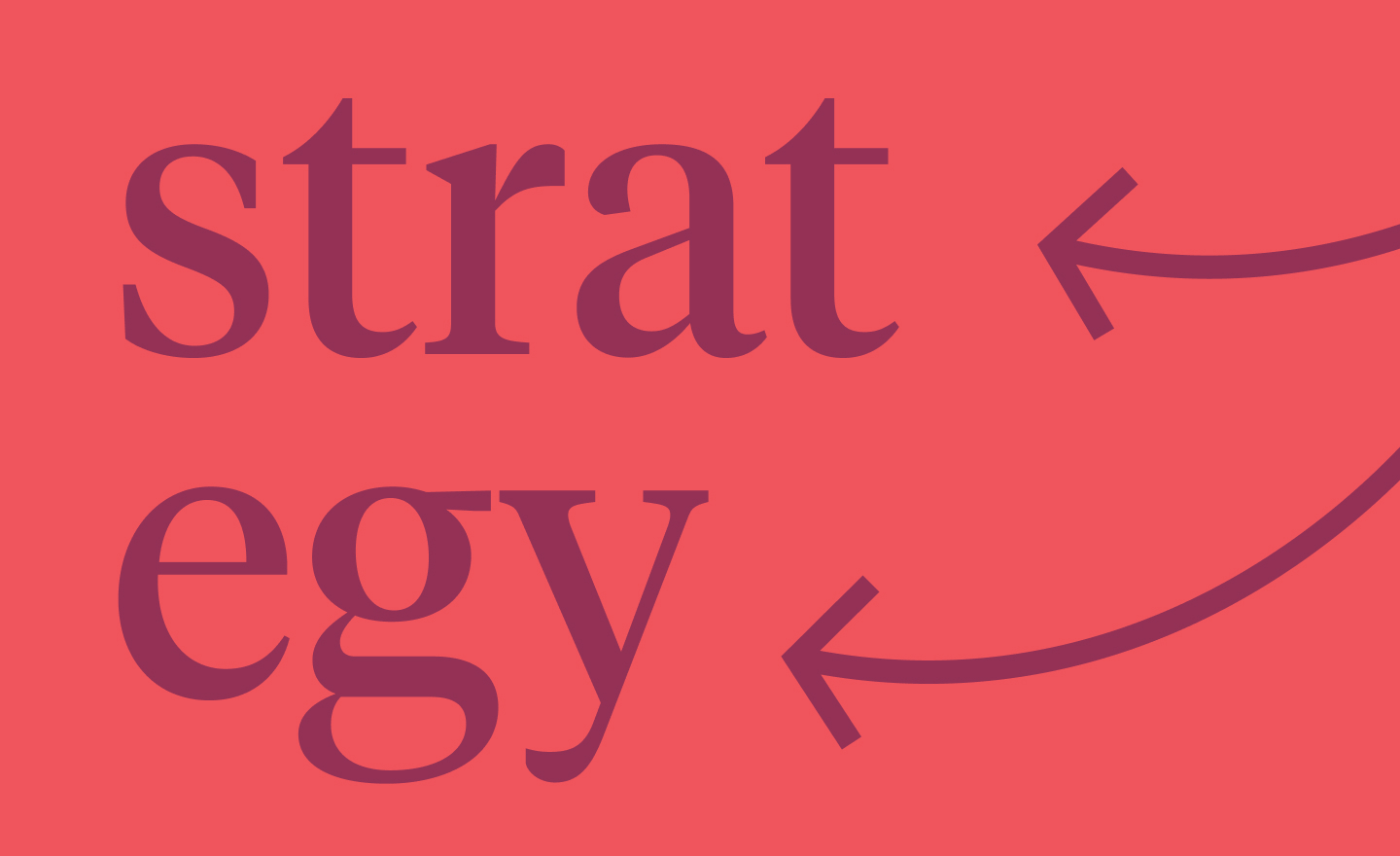
The elephant in the room with the Facebook-to-Meta move is, obviously, the timing. The announcement comes off as an effort to distract from the intense criticism Facebook is receiving for its apparent algorithmic malpractice on the social body.
And the timing is unfortunate. But from a larger brand standpoint the move makes perfect sense. I suspect the mindset at Facebook wasn’t so much, “Let’s see if we can clutter up a news cycle or two with a bit of naming legerdemain.” They’re certainly aware the problem isn’t going anywhere any news cycle soon. More likely, the reasoning was something like, “We’re only going to face more of this kind of stuff in the future, so we might as well get on with this bit of brand housekeeping.”
(To be clear, the company is not renaming the commerce platform-cum-social utility we all know today as “Facebook.” It’s renaming the entity that owns Facebook, Instagram and other properties. Google’s corporate rebranding as Alphabet provides a good comparison. “Google” the productivity suite built around an advertising platform-cum-search engine still greets me every morning.) For similar case studies, check out this handy piece from WaPo.
At Applied Storytelling, we ourselves worked on a similar kind of effort in 2006 as part of a larger rebranding effort led by Los Angeles-based Baker when (then) IHOP Corp. acquired Applebee’s. At the time, the Applebee’s chain had considerably more units and revenues than did the IHOP chain. Recognizing that the brand tail was wagging the dog, IHOP leadership decided to rename the parent company. A new name would signal two things. First, that the two brands were being given equal priority. And second, that the parent company stood for something bigger than either subsidiary. The new name? DineEquity. (After a little more than a decade in service, the name was replaced in 2018 by Dine Brands Global.)
It’s not like Facebook hasn’t been thinking hard about the migration to meta for awhile. The content on its early stagish-feeling web site didn’t spring up with the sourgrass after last week’s rains.
Short-term awkwardness aside, the Facebook-to-Meta move is strategically sound. The company owns a number of businesses and brands besides Facebook, some of them marquee names in their own right. Why allow the negative associations with one member of the brand family to extend to the portfolio as a whole? Conversely, why attribute the sins of the brand parent to the children? Compartmentalize!
Also, as Facebook executives have pointed out, future businesses are likely to look less like follow-ons to Facebook and more like companions to Oculus, another Facebook property.
Past all the clatter and chatter, the new name seems well-suited for its intended purpose—for as long as the company pursues its big bet on realizing a metaverse. It’s superbly short and easy to pronounce—a classic two-syllable, four-letter, v/c/v/c construct. Think Sony, Nike, MAGA.
In short, Meta is ideal for global uptake.
While most eyes are on Facebook Facebook for now, maybe the company has done us all a favor by giving us a handle for focusing on its latest designs not only as customers and investors but also as citizens and skeptics.




